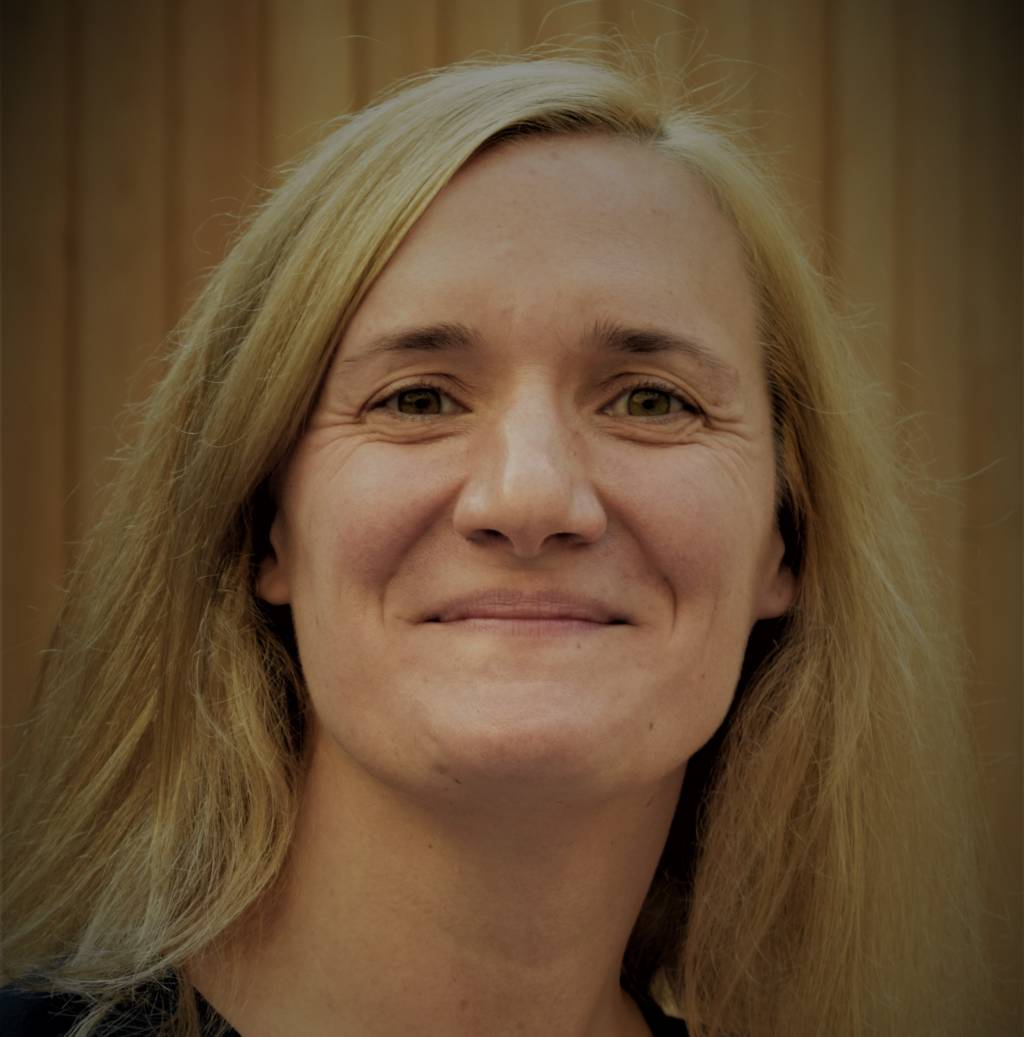Speakers
Keynote speakers

Dr. Marja Matinmikko-Blue, University of Oulu, Finland

Prof. Mohammed Ismail, Wayne State University, USA

Prof. Nele Mentens, Leiden University, the Netherlands, and KU Leuven, Belgium
Bio
Nele Mentens is a professor at Leiden University and KU Leuven. She was a visiting researcher at Ruhr University Bochum in 2013 and at EPFL in 2017. Her research interests are in the field of configurable computing and hardware security. She was/is the PI in around 20 finished and ongoing research projects with national and international funding. She serves as a program committee member of renowned international conferences on security and hardware design, such as NDSS, USENIX Security Symposium, ACM CCS, Asiacrypt, CHES, ESORICS, DAC, DATE, FPL and ESSCIRC. She was the general co-chair of FPL’17 and the program chair of EWME’18, PROOFS’18, FPL’20, CARDIS’20, RAW’21 and VLSID’22. She is (co-)author in over 100 publications in international journals, conferences and books. She received best paper awards and nominations at CHES’19, AsianHOST’17 and DATE’16. Nele serves as an associate editor for IEEE Transactions on Information Forensics and Security, IEEE Circuits and Systems Magazine, and IEEE Security and Privacy.
Abstract
Electronic devices on plastic foil, also referred to as flexible electronics, are making their way into mainstream applications. In the near future, flexible electronic labels can be embedded in smart blisters, but also used as mainstream technology for flexible medical patches. A key technology for flexible electronics is based on thin-film transistors, which have the potential to be manufactured at low cost, making them an ideal candidate for these applications. In order for flexible electronics to enter the commercial market, it is crucial to investigate the issues and challenges posed by cybersecurity threats. This talk gives an overview of the minimal hardware resources that are needed to build secure systems and discusses those in the context of flexible electronics on plastic foil.

Prof. Darshika G. Perera, University of Colorado Colorado Springs, USA
Bio
Darshika G. Perera is an Associate Professor in the Department of Electrical and Computer Engineering, University of Colorado Colorado Springs (UCCS), USA. She received her Ph.D. degree in Electrical and Computer Engineering from University of Victoria (Canada), and M.Sc. and B.Sc. degrees in Electrical Engineering from Royal Institute of Technology (Sweden) and University of Peradeniya (Sri Lanka) respectively. Prior to joining UCCS, Darshika worked as the Senior Engineer and Group Leader of Embedded Systems at CMC Microsystems, Canada. Her main research interests are reconfigurable computing, mobile and embedded systems, and digital systems. Darshika received the “Teacher of the Year – Tenure Track Award” from the Engineering and Applied Science College, UCCS, in April 2019. She also received a best paper award at the IEEE 3PGCIC’11 conference in 2011, and a best poster paper award at the ACM HEART’18 symposium in 2018. She serves on organizing and program committees for several IEEE/ACM conferences and workshops, and as a reviewer for several IEEE, Springer, and Elsevier journals. Darshika is a Senior Member of the IEEE, the IEEE CAS VLSI, and the IEEE Women in Engineering. Currently, she serves on the VLSI Systems and Applications Technical Committee (VSATC) of IEEE Circuits and Systems Society, and also serves as an Associate Editor of the Elsevier Microelectronics Journal (MEJ).
Abstract
In the Internet of Things (IoT) era, cloud infrastructure alone will not suffice to process and analyze the enormous amount of data being generated from various sensors and other similar devices physically distributed throughout networks and systems such as smart girds, smart homes, and autonomous vehicles. Traditional cloud infrastructure, often comprising centralized datacenters, faces serious challenges when transmitting, processing, and analyzing this enormous amount of data. Edge computing is emerging as a complementary solution to address the issues associated with cloud computing. However, edge computing is still in its infancy. Furthermore, many applications running at the edges of the networks are becoming more complex requiring significant processing power. In addition, real-time in situ processing is imperative in many edge applications, especially for smart and autonomous applications.
Existing techniques for edge applications and conventional computing platforms utilized will not suffice to process the ever-increasing data and manage the associated computational complexity, efficiently and effectively. Hence, innovative solutions are needed to propel the edge computing from its infancy, in order to support the compute and data intensive applications on next-gen edge-computing platforms. In this regard, reconfigurable hardware architectures are being considered as a viable solution for future edge-computing platforms. In this talk, we will discuss the challenges and issues associated with relying solely on the cloud infrastructure for the future smart and autonomous applications; the advantages of edge computing to overcome these challenges; and the feasibility and benefits of using reconfigurable hardware architectures, such as FPGAs, for edge-computing platforms.
